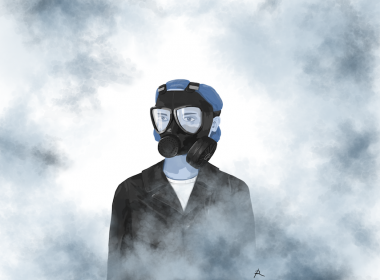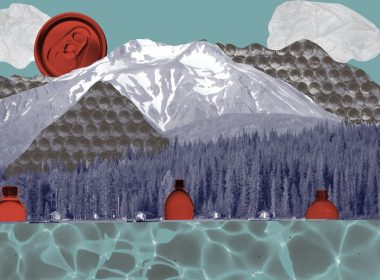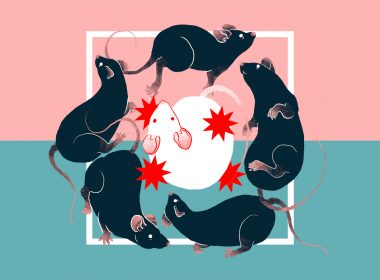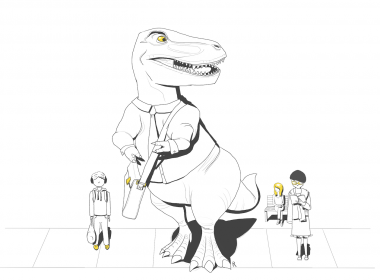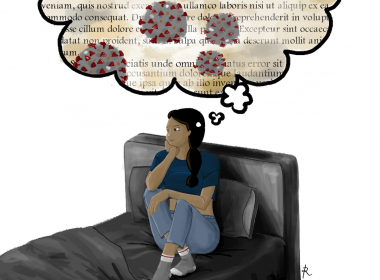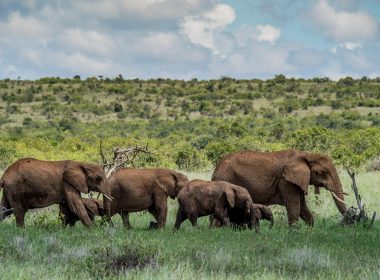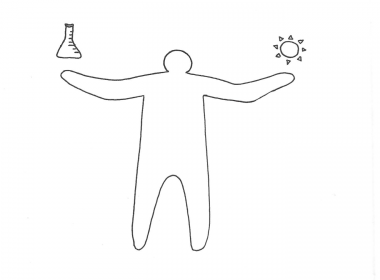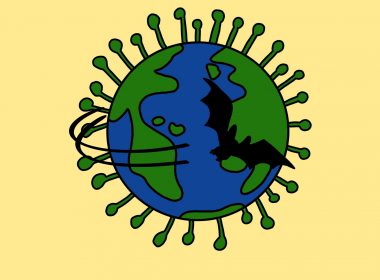In an effort to dismantle protests, police departments across the U.S. and Canada, including in Montreal, have taken violent measures to repress civil demonstrations. From rubber bullets to water cannons, police units and municipal governments have been criticized for what many are calling the use of “excessive force” to disperse[Read More…]
Science & Technology
The latest in science and technology.
Global study exposes the disproportionate impact of pollution on Indigenous Peoples
Indigenous communities all over the world, from the Cree of Waskaganish to the Sámi of Sápmi, differ greatly in language, history, and culture. However different they are from each other, a common belief that informs the traditional practices of many Indigenous Peoples is the interconnectedness of humans, animals, and the[Read More…]
Sex bias in pain research leads to failed studies, inequity in pain management
It is a well established fact that men and women experience chronic pain differently. By the late 1990’s, the findings of various review studies on pain research were clear: Women are more likely than men to experience a variety of recurrent types of pain. It remains troubling, however, that most[Read More…]
Tyrannosaurus rex: Nature’s strongest power walker
The Tyrannosaurus rex is one of the most well-known dinosaurs in popular science culture. Almost anyone can easily identify it, whether they are seasoned paleontologists or fans of the Jurassic World franchise. Once called the “king of all kings,” the T. rex has long been thought of as residing at[Read More…]
Understanding the psycho-social effects of social distancing
At the start of each school year, McGill’s campuses bustle with life. Separated friends reunite, while eager newcomers explore the grounds in awe. However, with McGill’s announcement that the Fall 2020 semester will proceed remotely, the usual energy of campus life is anticipated to be changed drastically. Remote semesters are[Read More…]
E-commerce booms in a time of retail uncertainty
The e-commerce industry has existed for over 40 years, but never in its history has it experienced such a period of immense growth as during the current COVID-19 pandemic. Within two weeks of Canadian cities beginning to lockdown in mid-March, online sales in the country had already doubled, with a[Read More…]
COVID-19 pandemic spells trouble for wildlife
A jaguar prowls the deserted streets of a small town in Colombia. It turns, catching the scent of two hunters in the distance, but it’s already too late: They shoot before it can flee. Many animals have suffered a similar fate, according to conservationists, since the beginning of the COVID-19[Read More…]
Sun & Science returns with stars, cells, and faults
On June 6, the Faculty of Science held their second session of Sun and Science, the online rendition of the classic Soup and Science presentation series. The McGill Tribune presents the highlights from the event: Making the largest 3D maps of the universe Adrian Liu, Assistant Professor in the Department[Read More…]
Up to bat: The persistence of coronaviruses in bats
Scientists predict that many coronaviruses similar to the strain responsible for the COVID-19 pandemic, such as Middle East respiratory syndrome (MERS) and severe acute respiratory syndrome (SARS), have their origins in bats. While several coronavirus strains can infect and sicken humans, bats appear to remain unaffected while carrying the virus.[Read More…]
Soup & Science goes digital for “Sun & Science”
On May 22, the Faculty of Science offered students and community members their widely popular Soup and Science presentation series, where professors from various departments deliver short talks on their research. For the first time in its history, lectures were offered in the spring and online, prompting organizers to aptly[Read More…]
